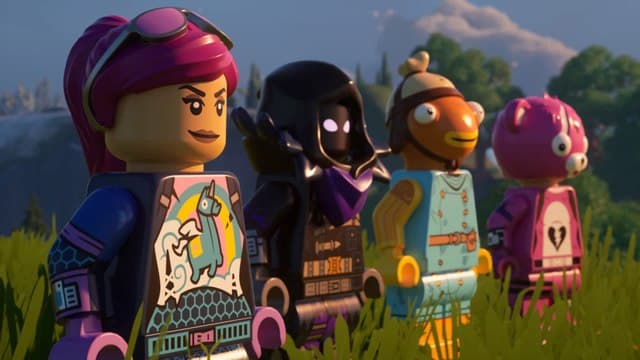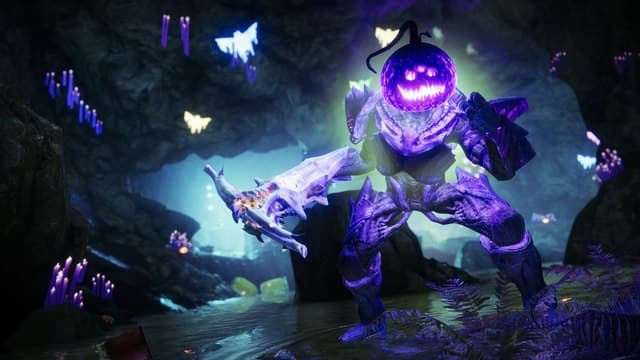The “indiepocalypse” — a term for the supposed end of the indie game boon we currently find ourselves in the midst of — is a terrible name. That much was clear during today’s ‘What Do We Mean When We Say “Indiepocalypse'” talk at the Game Developers Conference, when a panel of speakers ranging from Jeff Vogel of Spiderweb Software (Avernum) to Finji’s Rebekah Saltsman (Hundreds, Panoramical) all disparaged the name. Vogel was completely unambiguous: “There is no apocalypse — indie games are not going to go away.”
But the slowing of sales for independent games is a real phenomenon, and each speaker had their own story — and their own tips for fellow developers surviving the turmoil.
“There’s a growth period, then supply comes in to meet demand… we’re in the recession period,” explained Vogel, pointing to charts showing the explosive growth of the Steam platform. “Supply, also known as human beings following their dreams — hit reality.” He followed up with some tough love. “The big lesson from this is that the game business is bad, it’s a tough, competitive bloodsport kind of business,” he said. “Success should always surprise you. Failure should never surprise you. That’s the price for living your dreams.”
Rebekah Saltsman of Finji offered lessons from her experience launching successful indies like Canabalt, and less successful projects, like Capsule. “Why did we not make Scrooge McDuck money?” she asked, raising a litany of issues that can plague a small studio, including cloning problems and a lack of awareness about the way games are covered in the YouTube era. “We don’t watch streamers, we’re old people, we didn’t know that was a thing!” she exclaimed.
Nearly everyone cited crowding on Steam — thanks partially to the introduction of Greenlight, changes in discoverability on the platform and the simple disconnect between supply and demand — when explaining those falling sales numbers. Armin Ibrisagic of Coffee Stain Games summed it up. “We’re not just competing with games released now, we’re competing with games with 95% metacritic scores that have been out,” he said.
Another major complication: sales.
“We had one fan who said ‘I love Sanctum! I can’t wait until Sanctum 2 is 75% off!'” Ibrisagic lamented. His advice was to make games that are radical, new and weird — something that stands out in the crowd, like Clustertruck, a game about, well, copulating autos.
Jordan Thomas of Question made just such a unique game, in the critically acclaimed (but poor selling) The Magic Circle. “We’re a bit like a teddy bear that went wandering in the woods and got shivved,” Thomas quipped, about his new studio’s naivete. Steam players can be a fickle crowd, and there were plenty of negative comments to the game’s modest length, and yes, sales. “Steam players know that with a long enough timeline, they can get your game for next to nothing.”
Thomas’s answer was curation and courting console producers.
Despite the platform’s volatile changes over the last decade, there was praise for Steam. “Steam is an infinite bag of miracles,” said Vogel, citing his time in the dark days of publishing games in the 1990s. Randy Smith (Waking Mars) agreed: “Making games in the Nineties sucked, unless you wanted to make a game about Edward Pistolhands killing motherfuckers.”
The consensus among the panel is that it ain’t easy being indie, especially now in an overcrowded market. But despite market cynicism and the need for better curation tools, developers remained optimistic that there’s at least some cause for hope. There are still, as Smith put it, more options today for more and different games. (Although Edward Pistolhands sounds like a cool game. -ed)
Danielle Riendeau is the Reviews Editor of ZAM. Her allergies are doing their best to murder her, so please tweet her some support on Twitter @danielleri.


